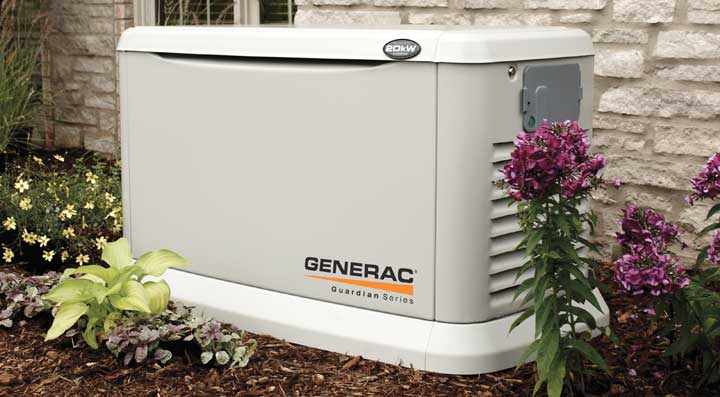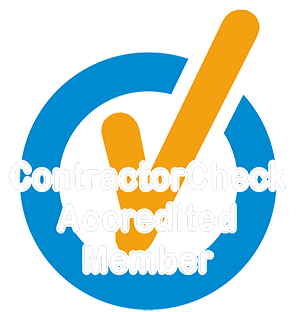
If you are a business owner and you are considering buying a backup generator for your business in Ontario, read this article that helps you in 6 east step.
When power and communications go down, productivity comes to a grinding halt and any non-ambient goods are at risk. The ultimate result is loss of revenue — and the worst thing is that it would have been entirely avoidable. While you can’t control the weather or the grid, you can get your business prepared for any eventuality by installing a contingency plan. Read on to discover the six steps you should take to choose the perfect backup generator for your business.
The first step when selecting a standby power source for your business is to determine your exact needs in case of a blackout. Make a list of the equipment that’s essential to the running of your operation, such as HVAC systems and industrial equipment.
You may also include major appliances, such as freezers, refrigerators, computers, lights, sump pumps, sprinkler systems, alarm systems and water pumps. You might need to run some systems continuously, while you may only need others during business hours.
Backup power supplies usually run on either natural gas or diesel fuel, and each has its pros and cons. Your generator dealer can advise you about which type is best suited to your needs. They’ll find out about your building’s specifications to determine the right choice for your commercial property. The fuel source you select may have an impact on permitting and safety issues.
One of the most important aspects of choosing the right standby generator for your company is the manufacturer. Some companies have been making this type of equipment for decades, building up excellent reputations. Make sure you search online to check that the manufacturer has good reviews before making a purchase.
The size of your generator is extremely important because it determines whether it can handle the full electric load of your business facility’s appliances.
Alternatively, you can get a generator with a manual or automated transfer switch that covers a sufficient amount of the electric load from your facility. This prevents your standby generator from overloading. You’ll need the most power to restart equipment and systems in case of a blackout, while keeping them running after the initial reboot expends less.
Before committing to buying a generator, ask the local building departments and your utility company about any codes and regulations that relate to the governance of your emergency power equipment. Pay particular attention to the use of manual or automated transfer switches or mechanical disconnecting means to protect the safety of technicians who work to restore power in the event of a power outage.
You should always hire a reputable dealer to install your generator and provide the necessary advice about what’s best for your individual enterprise. They’ll also be able to help with adhering to utility company regulations and national and local electric and building codes.
The best way to check if a generator dealer is reputable is to conduct some research online. Reviews and social media provide an excellent insight into how trustworthy and effective a particular provider is.
If you’d like to find out more about commercial backup generators in Ontario from a team of certified experts, get in touch with Platinum Electrical Contractors today for a free, no-obligation consultation.

The #1 Authorized Generac Home Standby Generator Dealer in Ontario


© 2024 Platinum Electrical Contractors, All Rights Reserved
The #1 Authorized Generac Home Standby Generator Dealer in Ontario
A member of our team will be in touch shortly to discuss how we can help to meet your needs.